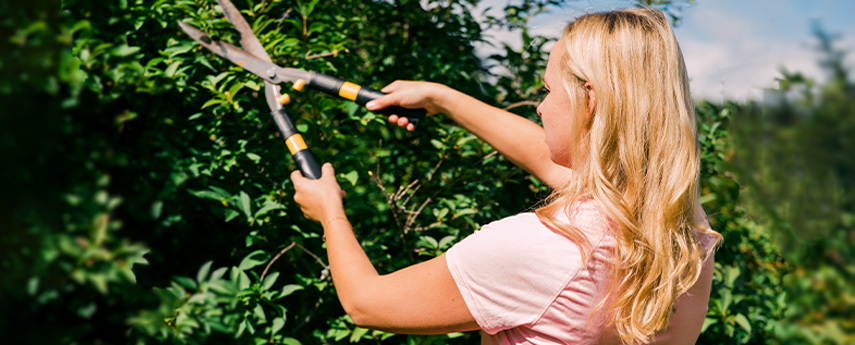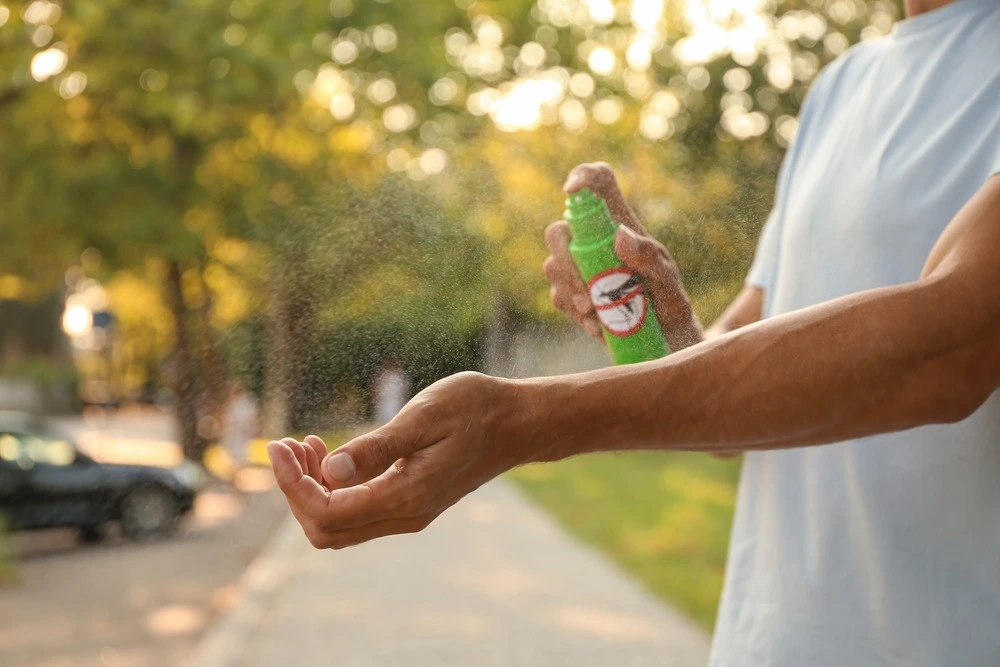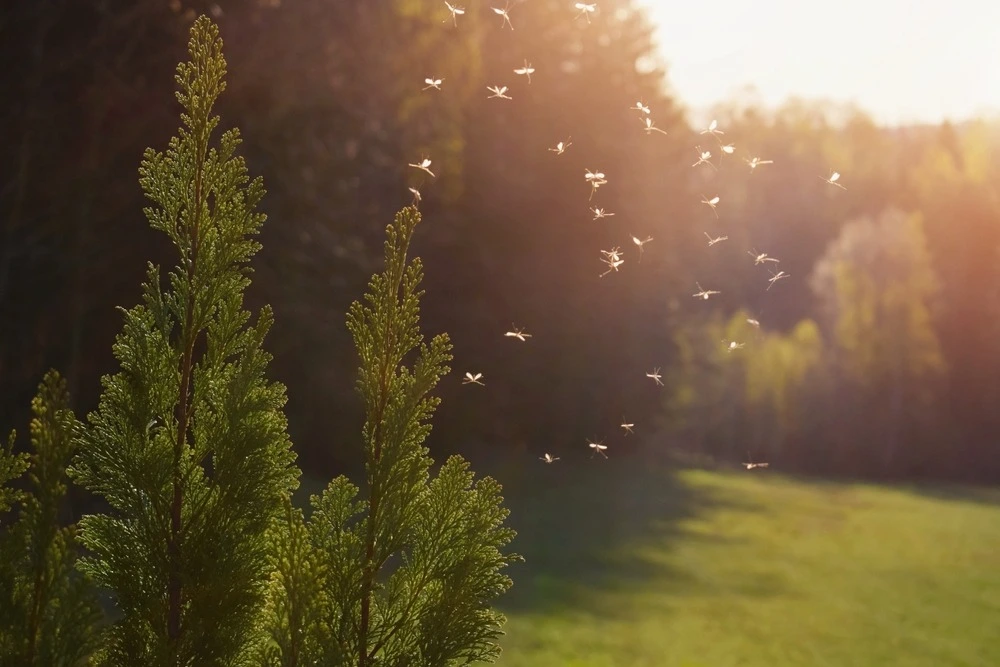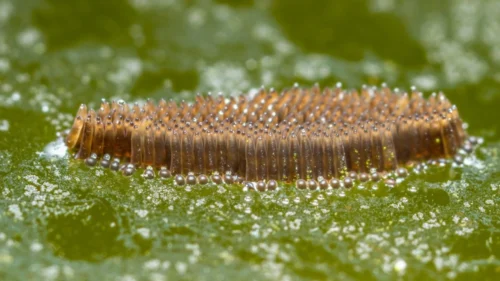Does it really matter what colors you wear outside? If you want to avoid mosquito bites, the answer is yes.
Learn moreMosquito Joe® Blog
Shared Resources for Your Pest Control Needs
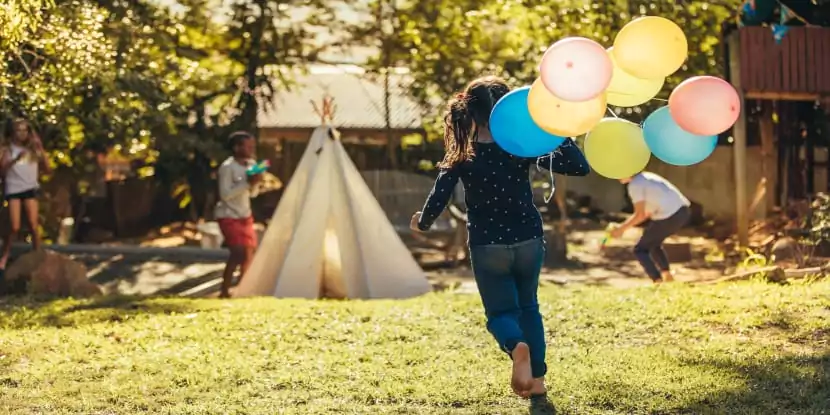
EPA PESP Gold Member Status: A Milestone in Environmental Stewardship
We’re thrilled to announce that Mosquito Joe has achieved Gold Status within this program, a prestigious recognition reserved for “outstanding environmental stewards.
Showing 61 Results for Mosquito Control
Mar 19 2025
Feb 05 2025
It’s tempting to embrace the chilly winter months, trusting the cold to prevent problems with pests.
Learn more
Jan 02 2025
Learn what mosquitoes are drawn to and how to reduce their presence in your yard with expert mosquito control tips.
Learn more
Dec 04 2024
Have you noticed dark, wiggly insects in standing water around your property?
Learn moreBlog Category
About Mosquito Joe®
Since 2010, Mosquito Joe® has provided mosquito and pest control services for residential and commercial customers nationwide. Our team of trained pest control experts is dedicated to getting rid of mosquitoes and other pests so you can make outside fun again. Our team of trained field professionals knows how to get the job done swiftly and thoroughly, leaving a noticeable absence of biting insects.
Find a Mosquito Joe Near Me
Let us know how we can help you today.
*Indicates a required field
Call us at
(855) 275-2563

